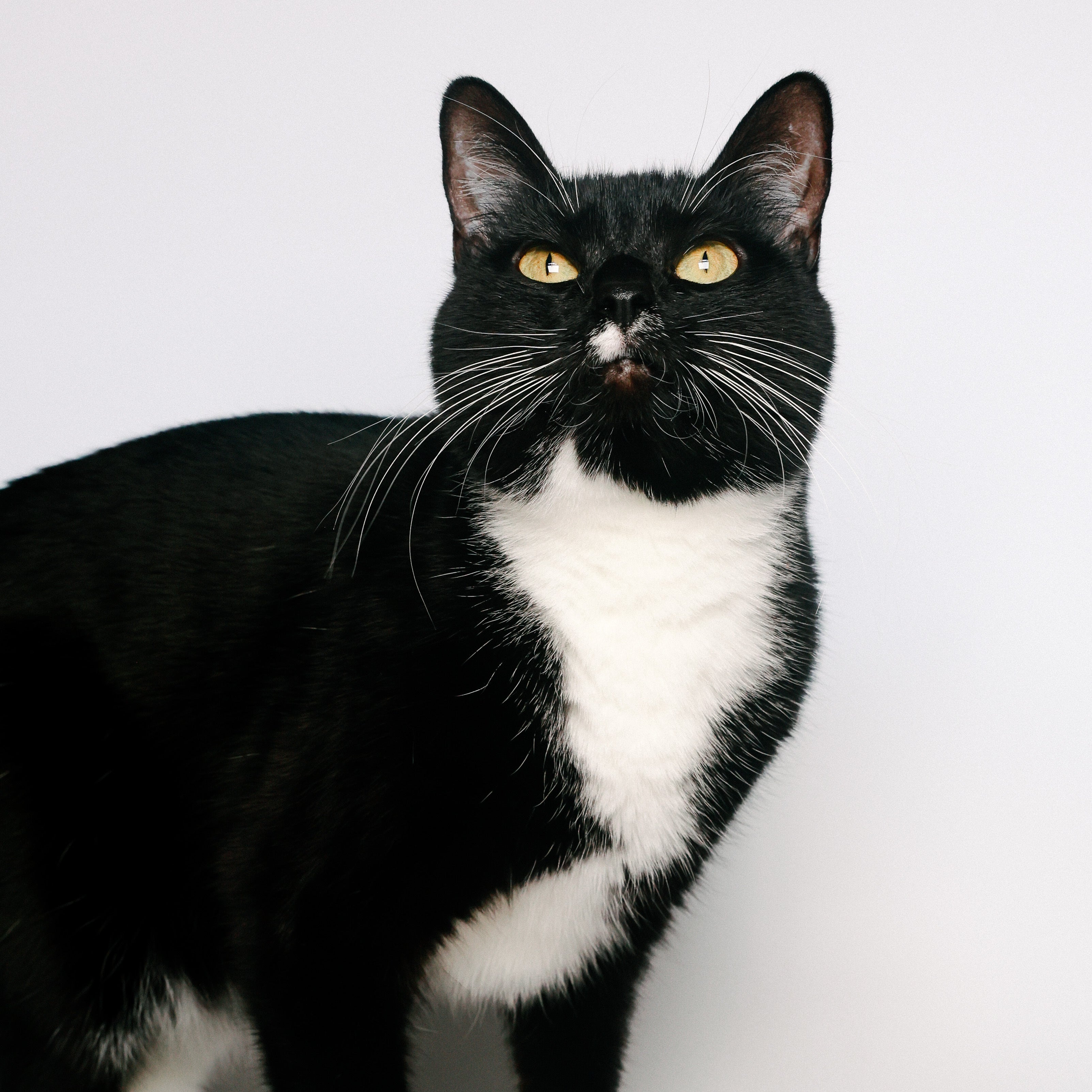
There are many things in a cat’s life that can impact their litter box usage- stress, issues with other cats in the home, and illness are all factors. Fortunately, cat behavior consultants have seen so many cats with litter box issues that they have a solid understanding of what sets a cat up for success.
Size
Litter box size is one of the first things cat behavior consultants look at when assessing litter box usage. Cats naturally are used to relieving themselves wherever and whenever they want. They used to have entire deserts as their personal litter boxes, and now we ask them to use a tiny box in the corner of the room. Thinking about their history, when it comes to litter box size, the bigger the better! The general rule of thumb is that a litter box should ideally be twice the length of the cat in length and the width of the box should be 1.5 times the length of the cat. To accommodate this rule, underbed storage containers make great litter boxes.
Placement
Placement is also very important when setting your cat up for litter box success. Most people put their litter boxes in the basement or tucked away somewhere out of sight. However, when cats eliminate, they’re not only relieving themselves- they’re scent marking. Cats want to leave their scent somewhere socially significant to them. While we may not love the idea of having a litter box in the bedroom or living room, there are still plenty of options in main areas of the home where cats can have the litter box while not being in the center of the room. Be sure that the box isn’t next to anything noisy or in a spot where they may feel cornered, if you have other cats.
It’s also recommended that, especially for kittens or arthritic cats, there be one litter box on each floor of the home. Kittens have small bladders and arthritic cats may have a harder time getting to their littler box in time if it’s two flights down. Increasing availability is crucial for these cats.
Number
Another litter box rule is to have a minimum of one litter box per cat plus one. So, if you have one cat, you should have two boxes. If you have five cats, you should have at least six boxes. Cats are very clean animals and they prefer to have one litter box for feces and one for urine. So it’s especially important when you have multiple cats that you have multiple boxes so if one cat has to pee and their pee box is in use, they can use a backup.
Cleanliness
Now that we know that cats are tidy animals, we have to do our parts to accommodate that and scoop the box every day. Scooping the box at least once a day helps to keep your cat willing to use the box while also keeping your home smelling fresh. You’ll also want to clean the entire box once a month with dish soap and water. Cats are sensitive to harsh cleaning chemicals, so simple dish soap will do!
Litter
Cats aren’t only sensitive to harsh cleaning chemicals- they are also sensitive to certain scents. Cats can smell 14x better than humans, so they smell a lot more than we do! Their livers also don’t process essential oils as well as ours do, so it’s very important to practice caution with added scents. Unscented litter is the best way to go to assure your cat uses the litter box and is safe when doing so.
Keep it Simple
When setting up your litter box, remember to keep it simple. Along with unscented litter, keep the litter box uncovered and unlined. Covered litter boxes not only make it harder for us to tell when the box needs scooping, but it also creates an outhouse effect for our cats. Providing only covered boxes is like asking you to only use a port-a-potty- remember how tidy and sensitive to smell cats are!
While litter box liners may make monthly clean up easier on us, most cats don’t like liners because they increase the likelihood of static cling. Their claws also often get snagged on the lining, making the liner pointless. When it comes to these litter box add-ons, best to keep it simple!
Looking for more information on cats? Check out our other articles!
Myth or Fact: Black Cats are Bad Luck



